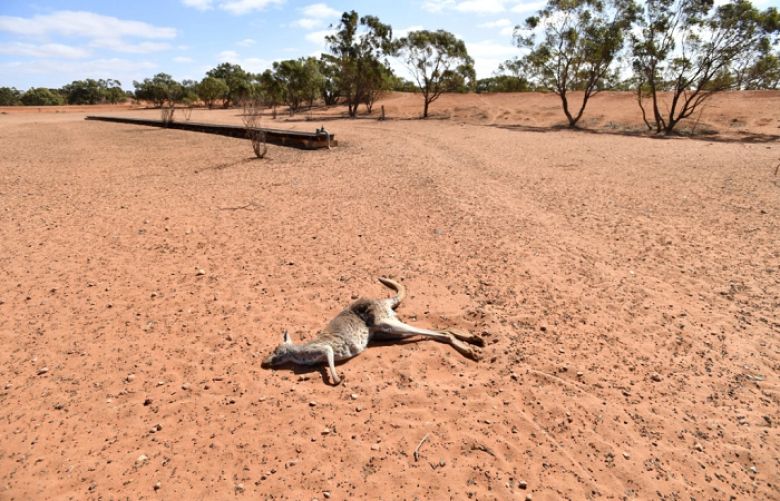The state of Australia’s environment is “poor and deteriorating”, a new government report has found.
The 2021 State of the Environment Report, a mandatory assessment conducted every five years, was released on Tuesday by the recently-elected federal Labor government. It had been received by the previous Liberal-National coalition government in December 2021 but not published.
The report is undeniably grim, with the new Minister for the Environment, Tanya Plibersek, describing the findings as “shocking” and “a story of crisis and decline”.
The report found that Australia has lost more mammal species than any other continent in the world. More than 100 Australian species have been declared extinct or extinct in the wild, including eight species of wallaby alone.
One primary cause is habitat destruction.
Almost half the country is now used for grazing sheep and cattle, and about 6.1 million hectares (15 million acres) of primary forest have been cleared since 1990. These changes mean Australia has experienced the third-largest cumulative loss of organic carbon in soil, behind only China and the United States.
Many of the worst changes have occurred in the past five years, with 202 animal and plant species having been declared ‘threatened’ over this period, bringing the total to 377 species becoming threatened in the last decade alone. There are now also more introduced foreign plant species in Australia than native species.
Campaigners, one dressed as a turtle and some in red robes, demand action on climate change as the government releases the State of the Environment report
Even species supported through focused assistance showed little improvement, and the situation is expected to worsen once the effect of the 2019-20 ‘Black Summer’ bushfires becomes better understood. The bushfires are believed to have killed or displaced as many as three billion animals.
Ocean acidification is reaching a tipping point, threatening the existence of juvenile coral, with the Great Barrier Reef experiencing mass bleaching events in 2016, 2017, 2020 and this year. Sea level rise is affecting many low-lying coastal areas, including the important Kakadu wetlands in the Northern Territory. In the Murray-Darling Basin, one of Australia’s most important river basins, record low water levels were recorded in 2019.
The report, which for the first time includes an Indigenous lead writer – Terri Janke – also pays specific attention to Indigenous heritage and knowledge.
It found that Indigenous heritage continues to be destroyed, such as Juukan Gorge, parts of which were blown up in 2020 by mining giant Rio Tinto to extract iron ore. This ongoing destruction is despite the clear wishes of traditional owners.







